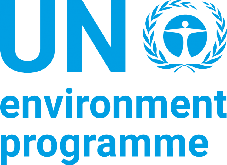Mensagem de aviso
Unable to retrieve https://youtu.be/39kyeYrEWIc?si=N_5DHAZX-WM9jWov at this time, please check again later.It’s time to work together to build a better future with #HealthyAirHealthyPlanet.
On this second International Day of Clean Air for blue skies, it’s time to reflect and reinvigorate our resolve and ambitions for #HealthyAirHealthyPlanet.
In the lead up to the second #WorldCleanAirDay, we're featuring updates from United Nations System, from partners and from others helping to call attention to the severe detrimental impacts of air pollution on human health, climate, biodiversity and ecosystems, and quality of life in general.







